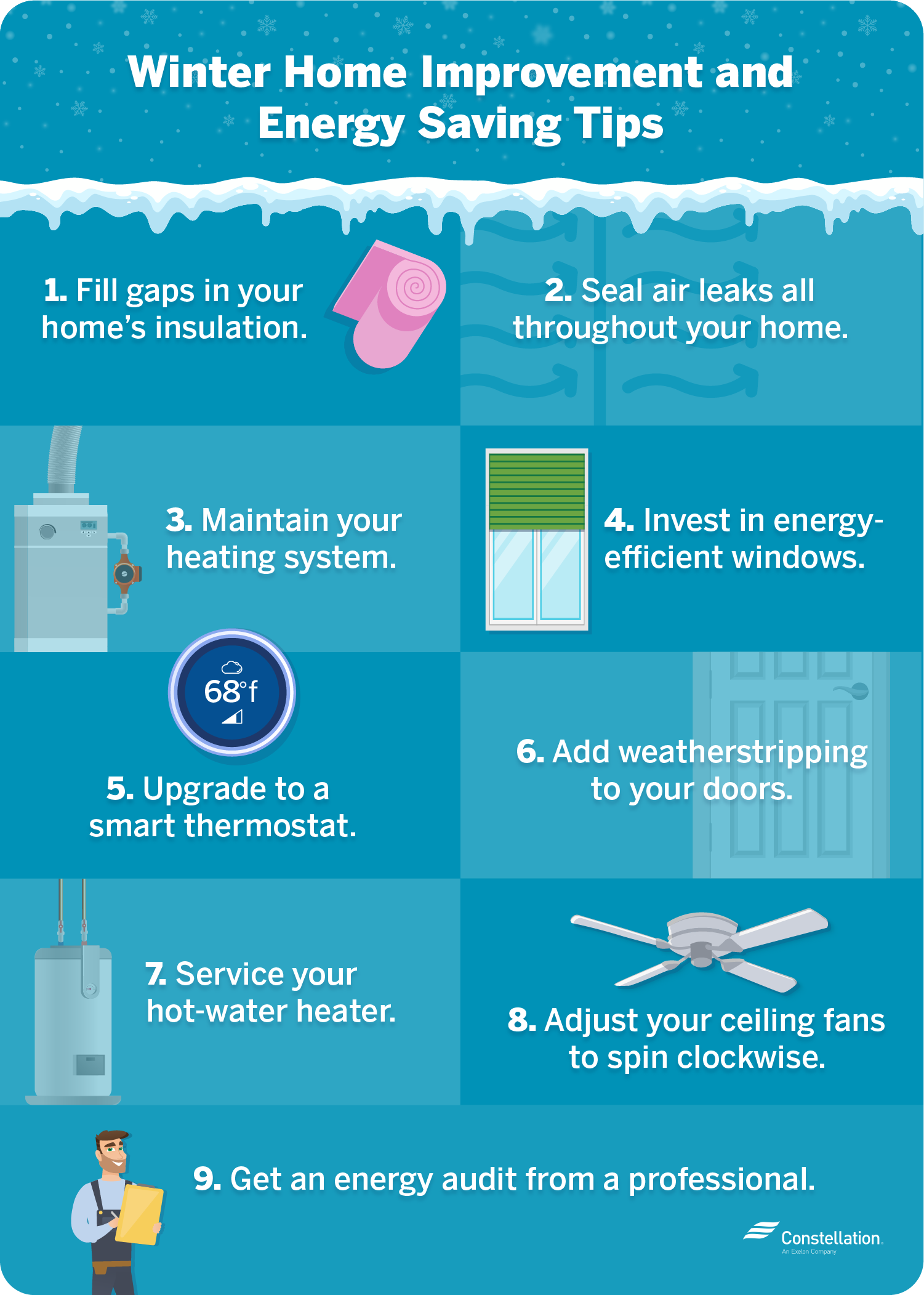
Maximize Efficiency: Essential Energy Savings Tips
In an era of environmental awareness and rising energy costs, adopting energy-saving practices is not only environmentally responsible but also economically beneficial. Discover a range of strategies and tips to maximize efficiency and reduce your energy consumption.
Optimize Home Lighting
Switch to LED Bulbs
One of the simplest ways to save energy is by replacing traditional incandescent bulbs with energy-efficient LED bulbs. LED bulbs use less energy, last longer, and are available in various brightness levels and color temperatures.
Utilize Natural Light
Take advantage of natural light during the day by opening curtains and blinds. This reduces the need for artificial lighting, helping you cut down on electricity usage. Consider arranging furniture to optimize the natural light flow in your home.
Upgrade Appliances for Efficiency
Choose Energy-Star Appliances
When purchasing new appliances, opt for those with the Energy Star label. These appliances meet strict energy efficiency guidelines set by the U.S. Environmental Protection Agency, leading to significant energy savings over time.
Maintain Appliance Efficiency
Regularly maintain and clean your appliances to ensure optimal efficiency. Dirty filters, coils, or vents can force appliances to work harder, consuming more energy. Follow manufacturer guidelines for maintenance tasks.
Implement Heating and Cooling Strategies
Proper Insulation
Ensure your home is adequately insulated to retain heat in winter and keep cool air in during the summer. Proper insulation reduces the workload on your heating and cooling systems, resulting in energy savings.
Programmable Thermostats
Invest in a programmable thermostat to regulate your home’s temperature efficiently. Set it to lower or raise the temperature when you’re away or sleeping, reducing energy consumption during times when heating or cooling is unnecessary.
Conserve Water Wisely
Fix Leaks Promptly
A dripping faucet may seem minor, but it can waste a significant amount of water over time. Fix leaks promptly to conserve water and reduce the energy required to heat water for daily use.
Use Energy-Efficient Water Heating
Consider upgrading to an energy-efficient water heater. Tankless water heaters, for example, heat water on demand, eliminating the need to continuously heat a large tank of water, resulting in energy savings.
Energy Savings Tips: A Comprehensive Guide
For additional insights and a comprehensive guide on energy savings tips, visit homecontractorzs.info. Explore a variety of resources, from expert advice to actionable tips, to help you maximize efficiency and reduce your energy footprint.
In conclusion, adopting energy savings tips not only contributes to environmental conservation but also results in cost savings for homeowners. Whether through optimizing lighting, upgrading appliances, implementing heating and cooling strategies, or conserving water wisely, these practices collectively contribute to a more sustainable and energy-efficient lifestyle.
